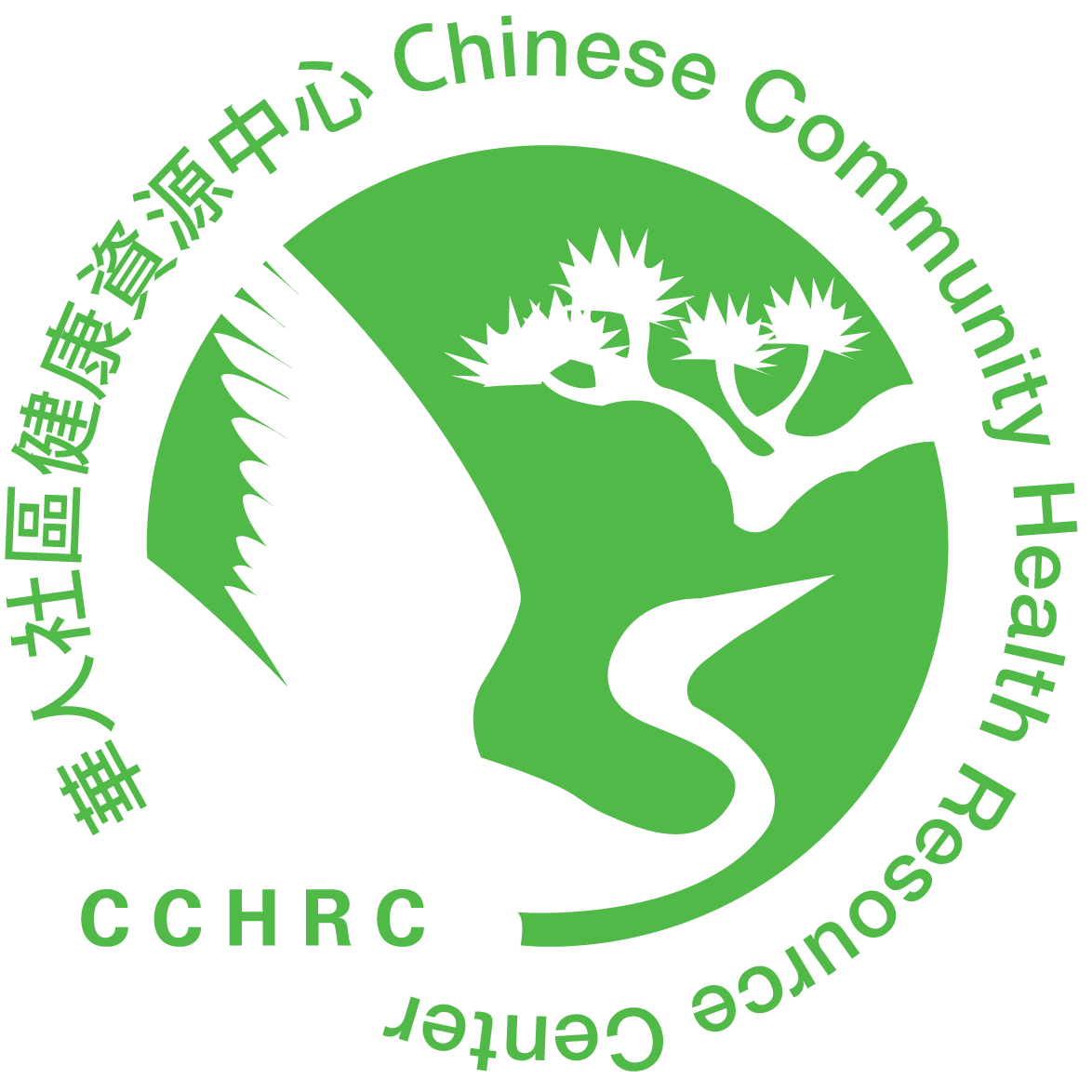If you are not familiar with seeing a doctor who practices Western Medicine here in the United States, you may find it challenging and may even skip seeing him/her until something serious happens, thus putting your health in jeopardy. This article will discuss some important things you should expect when meeting with your doctor.
What to expect when you see your doctor
In today’s healthcare environment, the average doctor’s routine office visit is about 15 minutes.
During this period of time, your doctor usually does three things:
- Obtain information from you
- Perform a physical examination on you
- Discuss findings, possible tests and treatments for you
The physician who takes care of you the majority of the time is your primary care physician. It is important for your health to establish and maintain a good relationship with him/her. Effective communication can promote a good relationship.
Helping your doctor obtain information about your health
Your visit with your doctor will be more effective if you are able to give him/her information concerning your health and your problems. It is helpful to write down your information in case you feel anxious and forget what you want to say. Present your information in a clear and concise manner, so you will have more time to ask questions.
It is best to avoid lengthy stories about yourself that are unrelated to your present health condition in order to maximize your doctor’s time for the diagnosis. It is also important to let your doctor know if you are taking any nutritional supplements such as herbs/vitamins, or receiving non-traditional treatments, such as acupuncture.
Questions frequently asked by your doctor:
- Your symptoms ⎯ the problems that concern you the most.
- Your medication(s) ⎯ the name of the medication that you are taking, the dosage, the frequency, and how long you have been taking it (them). You might want to bring along all the medication bottles if you are unable to write down the names. It is a good idea to keep a list of your medications with the dosage in your purse/wallet.
- Your medical history ⎯ include any chronic illnesses, surgeries, hospitalizations, drugs allergies.
- Your immediate family’s medical condition ⎯ some diseases run in the family.
Tips to enhance your listening skills and improve retention of information given to you:
- Take a deep breath, relax and clear your mind.
- Bring your hearing aid that has good batteries if you are hard of hearing.
- Bring a relative/friend to be your second pair of ears and eyes.
- Ask your doctor to write down the instructions for you.
Your doctor will draw conclusions concerning your health problem, and will generally explain his/her findings. After your history and examination, you should understand what he/she intends to do. If you still have questions or do not understand, continue to ask your doctor until you are comfortable with the information.
Questions frequently asked by your doctor:
A. If your doctor already knows your findings,
- What is the diagnosis?
- What causes it?
- Can it be treated? If yes, how long will it take to recover?
- Do I need to change my lifestyle/eating habit to manage the problem?
B. If you need more test(s),
- The name of the test.
- What do you expect to find out from the test?
- When will I know the results of the test?
- Is there any special preparation for the test?
- Does this test have any risk?
C. If you need treatment/medication,
- What is the name of the treatment/medication?
- What is the function of the treatment/medication?
- How long do I need this treatment/ medication?
- How successful is the treatment/medication for my condition?
- Is there any risk/side effect associated this treatment/medication?
D. If you need surgery,
- What is the name of the surgery?
- Why do I need this surgery?
- Is there other method(s) to treat this problem?
- What are the risk(s) and benefit(s) of the surgery?
- What is your experience in doing this type of surgery?
- What type of anesthesia will I need?
- When will I be able to return to my normal activities?
- Where can I get a second opinion if I need one?
Before meeting with your doctor, be prepared with your questions and answers. Write down a list of questions that you would like to ask your doctor. Present your information in an understandable, accurate, and clear way. When your doctor discusses your findings with you, be in your most relaxed state so you can retain all the information and ask all the important questions. Feel free to obtain a second opinion from another physician if you feel there is a need to do so. When you do all of that, then you are communicating effectively with your doctor, and taking an active role in your own healthcare.
Copyright © 2002-2020 Chinese Community Health Resource Center
If you would like a copy of this health article, please click on the PDF button in the language you prefer. To view the PDF document, you’ll need Adobe Acrobat, which you can download here.
Bilingual:



